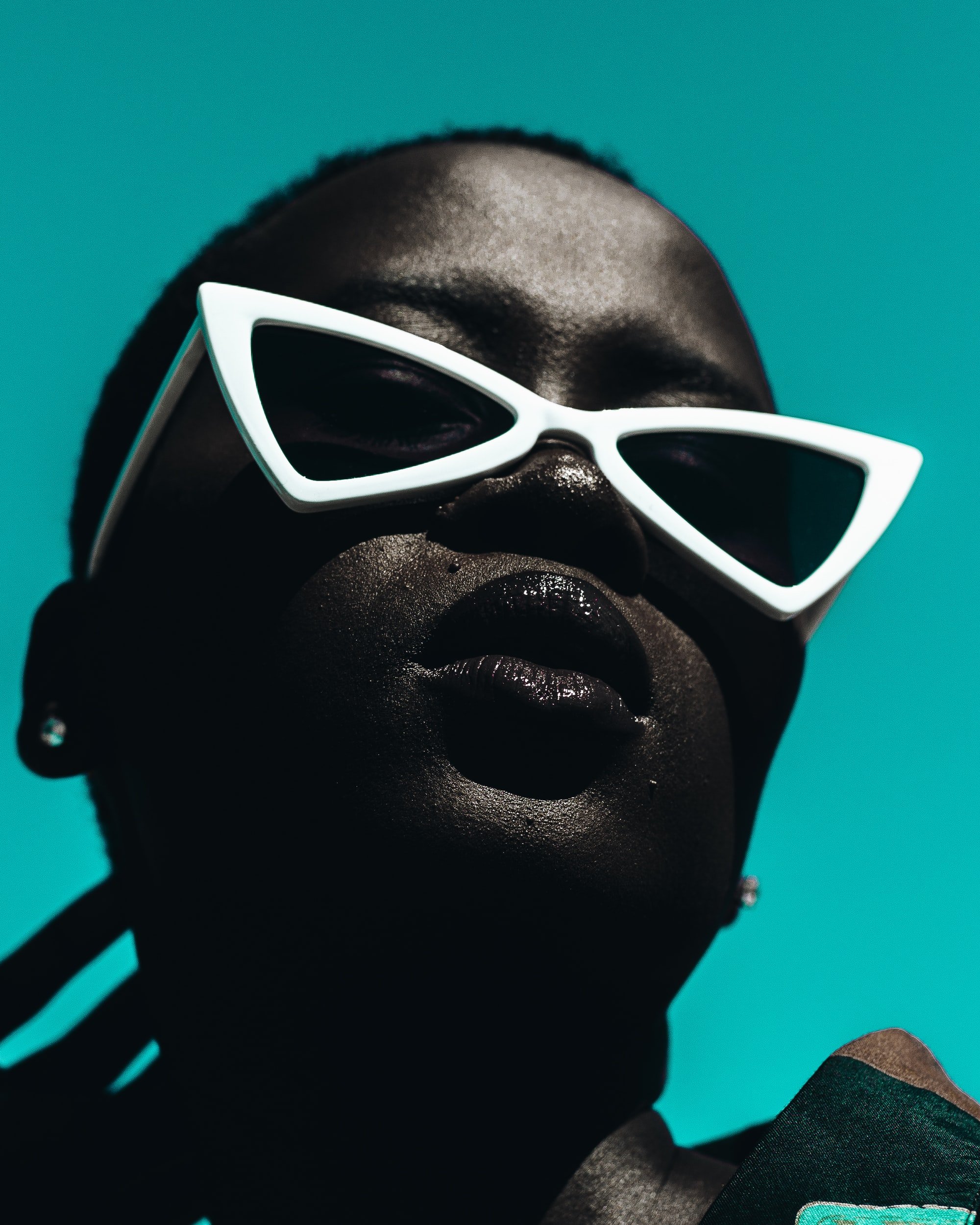The Covid-19 pandemic has fueled an explosion in the online shopping industry. It created a golden age of virtual buying and selling, with shops and selling platforms making millions off of convenience and quarantines. While platforms like Amazon and Etsy have been profiting off of pandemic conditions,Miiriyahas been promoting black-owned shops and funneling profits back into local communities.
The Platform
Founded by one woman - who goes by the name “Lonnaa” - the platform aims to “create convenience for shoppers who want to support black businesses” and advance the “recirculating (of) the black dollar.” It also seeks to construct an online space for black creatives and those looking to promote social change.
Miiriya’s categorizes products in an“online marketplace”fashion, similar to Amazon. Just about every shop featured on the site is a small, black-owned business, selling handmade and carefully crafted goods. There are thousands of sellers in each category, prices are reasonable, and the site is easy to navigate. It’s not perfect, but Miiriya is creating a much-needed market for black businesses and products.
According to Miiriya’s“about us” page, the app requires no listing fees and sellers receive 100% of their profits - unlike Amazon. All of the website’s operation funding comes directly from the founder, so optional donations are encouraged. Additionally, all profits made from Miiriya’s site will be circulated back into community projects. The founder plans to purchase community fridges for people to donate and receive free food, as well as funnel profits into healthcare and education programs. In general, excess funding will be used to combat homelessness and support projects within the black community.
The name “Miiriya'' is derived from the African language of Bambara/Dioula, thefounder’s native language. It means “thoughts'' or “ideas”, but can also be colloquially interpreted as “philosophers” or “thinkers” when paired with other words.
Ditch Amazon and Depop
Over the course of the Covid-19 pandemic, Amazon has become the frontrunner for online purchasing. Jeff Bezos, Amazon’s previous CEO, isvalued at $198.3 billionin net worth and the sitemade $125.6 billionin their last scheduled quarter. This surplus is made through monopolizing industries andrampant tax evasion, all while employees work in hazardous and uncomfortable conditions. Amazon warehouses become so hot in summer thatambulances are instructedto line the curbs outside, but the workers inside only make $11 or $12 per hour. Some of Amazon’s truck drivers have even been forced tourinate in bottles, rather than make bathroom breaks. And, the platform is notoriously known forsilencing employeeswho try to speak out on such poor conditions.
In addition to these moral transgressions, Amazon is known for selling Artificial Intelligence to oil and gas companies, allowing these industries to extract more raw materials from the earth. When workers speak out on Amazon’s climate practices, they arefired. These greedy practices are not only detrimental to the environment and harmful to employees, but they funnel money into the pockets of Amazon elites like Jeff Bezos.
Because of Amazon’s (and other commercial sellers’) immoral stances, many customers have turned to secondhand shopping, utilizing thrift stores or online platforms like Depop. However, there are issues with this too. Many middle-class Americans who switch from Amazon to thrifting find themselves overconsuming goods meant for lower-income demographics. Even online, apps like Depop have gentrification problems. As the app (and its sellers) gain popularity, prices are hiked and, as a result, buying secondhand off of Depop has become inaccessible for lower-income buyers. The target demographic shifted from those who thrifted out of necessity, to those who sought out curated vintage clothing… and were willing to pay hundreds for it. This switch, in combination with the current trends in bulk-buying from thrift stores, has kickstarted a process of gentrification and has blocked lower-income neighborhoods from accessible clothing and goods.
Turning to businesses and platforms like Miiriya can help solve this problem. Prices are fairly constant, and buying comes with the added bonus of supporting black-owned brands. Miiriya directly benefits community projects, rather than catering to middle- and upper-class trends in consumption. The online marketplace is accessible, and it intends to stay that way.

